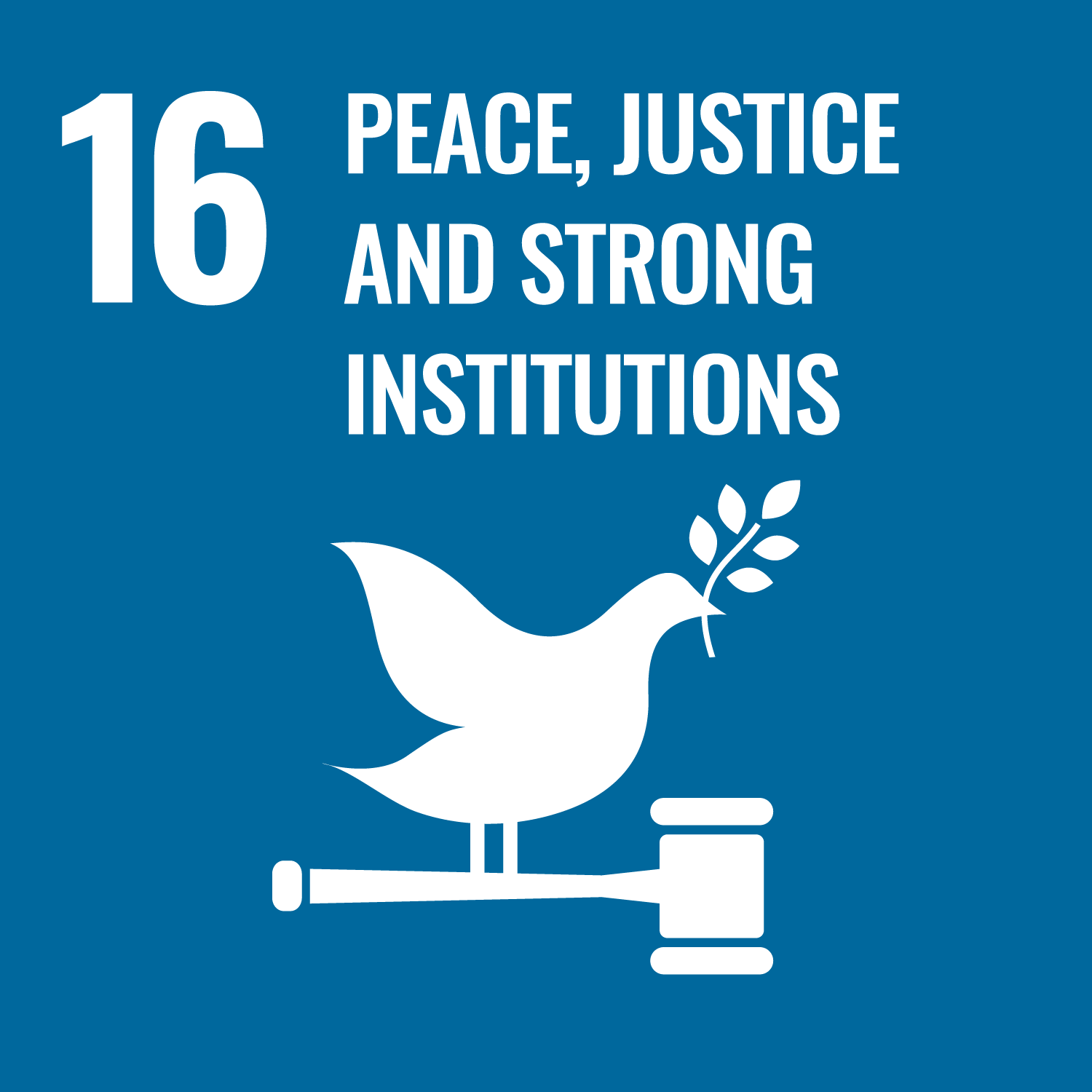ORCID
- Susie Pearce: 0000-0003-0177-5732
Abstract
Background: England’s South-west Peninsula is largely rural, has a high proportion of over 65s, and has areas of rural and coastal deprivation. Rural and low-income populations face inequities at end of life and little is known about the support needs of rural, coastal and low-income communities. Objectives: To understand how to foster community support for dying and grieving well, a regional, multi-sectoral research partnership developed a community engagement programme to explore experiences of seeking support, issues important to people and the community support they valued. This article shares what people told us about the role that communities can play at end of life, and reflects on learning from our process of engaging communities in conversations about dying. Design and methods: A programme of varied community engagement which included: the use of the ‘Departure Lounge’ installation and four focus groups with interested individuals in a range of community settings; the co-creation of a ‘Community Conversation’ toolkit to facilitate conversations with individuals with experience of end-of-life care and their carers with Community Builders; a focus group with Community Builders and a storytelling project with three bereaved individuals. Results: People valued community support at the end of life or in bereavement that offered connection with others, peer support without judgement, responded to their individual needs and helped them to access services. Creative methods of engagement show potential to help researchers and practitioners better understand the needs and priorities of underserved populations. Collaboration with existing community groups was key to engagement, and contextual factors influenced levels of engagement. Conclusion: Local community organizations are well placed to support people at end of life. This work highlighted the potential for partnership with palliative care and bereavement organizations, who could offer opportunities to develop people’s knowledge and skills, and together generate sustainable solutions to meet local need.
DOI Link
Publication Date
2023-12-01
Publication Title
Palliative Care and Social Practice
Volume
17
ISSN
2632-3524
Acceptance Date
2023-10-19
Deposit Date
2023-12-20
Embargo Period
2023-12-21
Recommended Citation
Hansford, L., Wyatt, K., Creanor, S., Davies, J., Horne, G., Lynn, A., McCready, S., Pearce, S., Peeler, A., Rhys, A., Sallnow, L., & Harding, R. (2023) 'Engaging with communities in rural, coastal and low-income areas to understand barriers to palliative care and bereavement support: reflections on a community engagement programme in South-west England', Palliative Care and Social Practice, 17. Available at: 10.1177/26323524231212514



